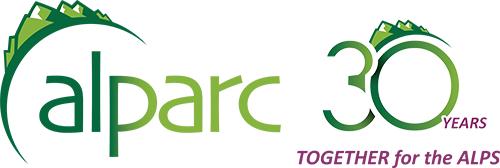ALPARC, the Alpine Network of Protected Areas, was founded in 1995 to support the implementation of the Alpine Convention, in particular the Protocol on "Nature protection and landscape conservation.” ALPARC's activities cover a large geographical area, ranging from the French to the Slovenian Alps.
Objectives and Activities
The association’s main goal is to promote the exchange of expertise, techniques and methods among the managers of all the large protected areas in the Alps such as national parks, regional nature parks, nature reserves, biosphere reserves, tranquility zones, UNESCO World Heritage Sites, geological reserves and sites granted a special protection status. This exchange allows for parks to take part in and carry out projects that they may not have been able to do on their own. Through international cooperation, ALPARC serves as an intermediary between institutions, local actors and Alpine communities within the region in implementing the Alpine Convention.
ALPARC carries out its actions under three main topics: Biodiversity and Ecological Connectivity, Regional Development and Quality of Life, and Education for Sustainable Development in the Alps. These three topics allow for ALPARC to take a regional approach to global issues such as climate change, nature conservation and sustainable development. Moreover, ALPARC aims to raise awareness among the general public and in particular, Alpine youth on environmental challenges.
How?
ALPARC achieves its objectives by:
- Organizing events and workshops
- Facilitating the dissemination of information on shared themes and producing publications
- Cooperating with other international bodies, organizations and networks
- Developing and coordinating international and notably European projects for and with the Alpine Protected Areas
- Offering services such as finding partners for projects, producing expertise on various themes, exchanging data through tools such as directories and databases, and providing map-making and language assistance


